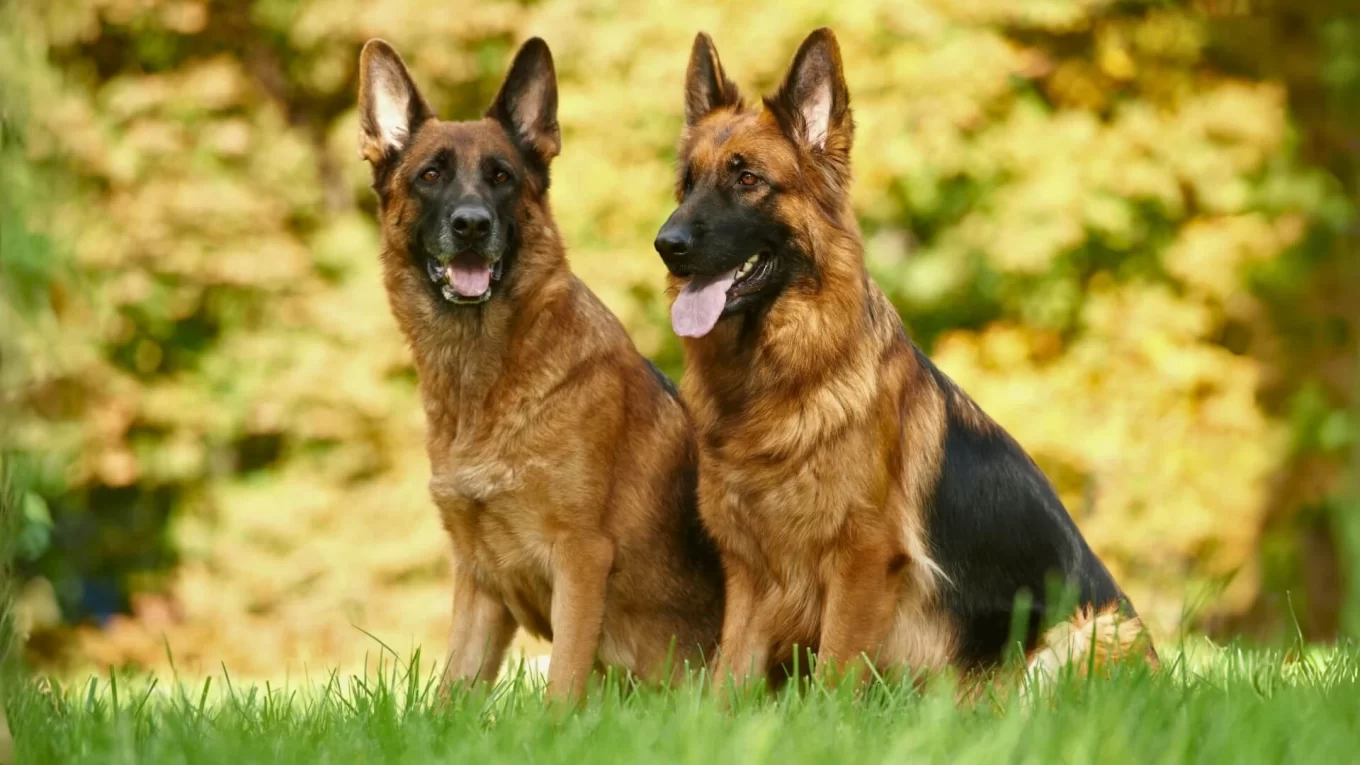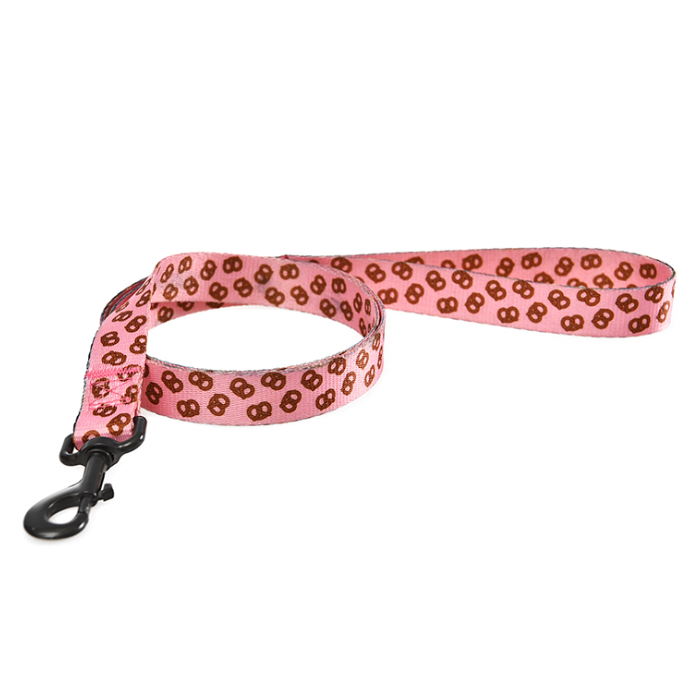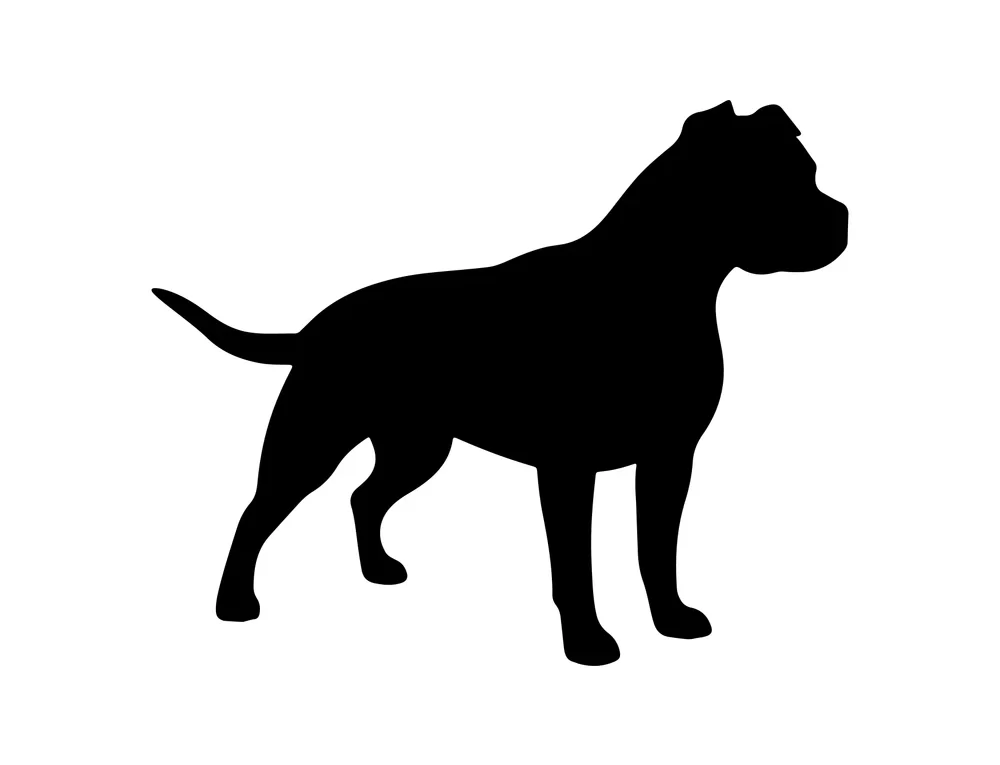In today’s world, ensuring your family’s safety is a top priority. While security systems and alarms are useful, nothing compares to the loyalty and protection of a well-trained guard dog.
If you are searching for family guard dogs for sale, you need a breed that is both protective and family-friendly. In this guide, we’ll explore the best breeds, their training, and where to find the right guard dog for your home.

Content
Best Breeds of Family Guard Dogs
Not all guard dogs are suitable for families. The best ones offer a balance of loyalty, obedience, and protective instincts.
1. German Shepherd
German Shepherds are among the top choices for protection dogs. They are highly intelligent, trainable, and devoted to their families. Their ability to assess threats and act quickly makes them ideal guard dogs.
2. Rottweiler
Rottweilers are powerful and fearless. They form strong bonds with their families and are naturally protective. With proper training, they become excellent guard dogs and loving companions.
3. Doberman Pinscher
Known for their agility and intelligence, Dobermans are fast, alert, and incredibly loyal. They make excellent watchdogs and are easy to train for home security.
4. Boxer
Boxers are affectionate yet highly protective. They are great with children and can sense threats quickly. Their muscular build and energy make them effective guardians.
5. Bullmastiff
Bullmastiffs are strong, confident, and fearless. Their natural guarding instincts, combined with a calm temperament around family members, make them a top choice.
6. Belgian Malinois
Belgian Malinois are known for their intelligence, energy, and exceptional trainability. They are widely used in police and military work, making them excellent protection dogs for families who can provide them with the training and exercise they require.
7. Great Dane
Although Great Danes are known for their gentle nature, their sheer size and deep bark make them formidable deterrents against intruders. They are affectionate with their families while maintaining a strong protective instinct.
How to Train a Family Guard Dog
A well-trained guard dog must be obedient, socialized, and alert to threats. Here are essential training tips:
1. Early Socialization
Introduce your guard dog to different environments, people, and animals from an early age. This prevents aggression and ensures they distinguish between threats and friendly interactions.
2. Obedience Training
Basic commands such as sit, stay, come, and heel should be mastered. This establishes discipline and control over the dog’s actions.
3. Protection Training
Professional training is recommended to teach your dog how to react to intruders while remaining gentle with family members.
4. Positive Reinforcement
Reward-based training methods work best. Praise and treats encourage good behavior and strengthen the bond between the dog and its owner.
5. Advanced Guard Dog Training
For those who want an elite level of protection, advanced training programs can teach dogs how to detect threats, guard property, and respond to commands in high-pressure situations.
.
How to Choose the Right Guard Dog for Your Family
Every family has different needs when it comes to a protection dog. Here’s what to consider:
1. Family Dynamics
If you have children, choose a breed known for being gentle and affectionate with kids. Some dogs bond more closely with one owner, while others integrate well with the entire family.
2. Home Environment
Larger breeds require more space to move around. If you live in an apartment, consider a breed that adapts well to smaller spaces but still offers protection.
3. Activity Level
Guard dogs need regular exercise. If your family is active, a high-energy breed like the Belgian Malinois or Doberman Pinscher might be ideal.
4. Training Requirements
Some breeds require extensive training to harness their protective instincts. If you’re new to owning a guard dog, choose a breed that is easier to train and manage.
Maintaining a Family Guard Dog
Owning a guard dog is a long-term commitment. Proper care ensures their health and effectiveness as protectors.
1. Regular Exercise
Guard dogs require daily exercise to stay fit and mentally stimulated. Activities such as walking, running, and agility training help keep them engaged.
2. Veterinary Care
Routine check-ups, vaccinations, and a balanced diet keep your dog healthy. Preventative care is essential for large breeds prone to hip and joint issues.
3. Ongoing Training
Reinforce training regularly to maintain discipline and responsiveness. Enrolling your dog in refresher courses ensures they stay sharp and ready to protect.
4. Proper Diet and Nutrition
A well-balanced diet tailored to your dog’s breed and energy level supports overall health. Consult a veterinarian to determine the best feeding plan for your dog.
5. Mental Stimulation
Guard dogs thrive on mental challenges. Interactive toys, scent work, and advanced training keep their minds engaged and prevent boredom.
Legal Considerations When Owning a Guard Dog
Before purchasing a family guard dog, be aware of legal requirements in your area. Some locations have breed restrictions, while others may require special permits for protection dogs. Understanding local regulations ensures compliance and avoids legal issues.
Conclusion
Choosing the right guard dog can provide unmatched security and companionship for your family. Whether you opt for a German Shepherd, Rottweiler, or another protective breed, proper training and care are essential.
If you’re searching for family guard dogs for sale, ensure you choose a reputable source to find a loyal and well-trained protector. With the right dog, your home will be safer, and your family will gain a devoted companion.

Nancy, our tech-savvy pet parent, explores the latest in pet tech, from smart toys to interactive feeders.
















